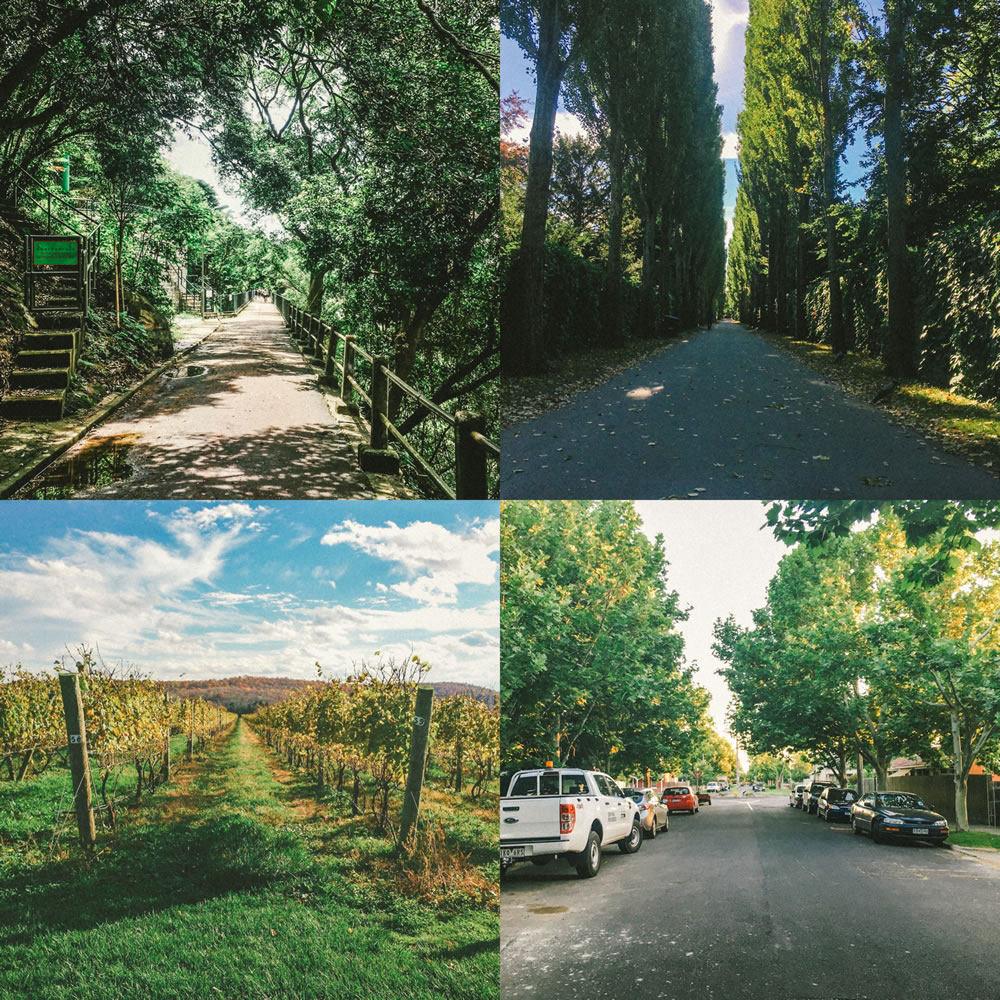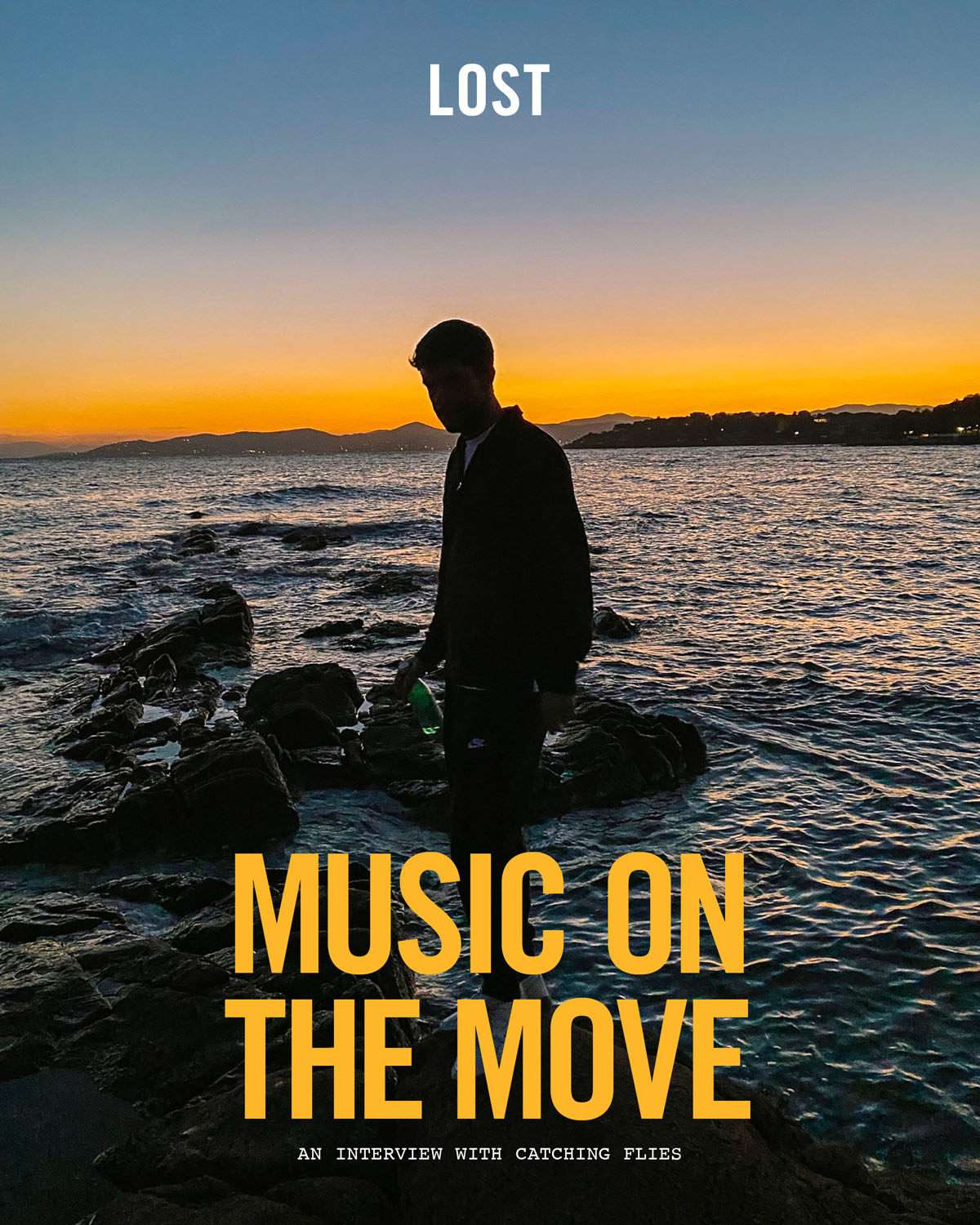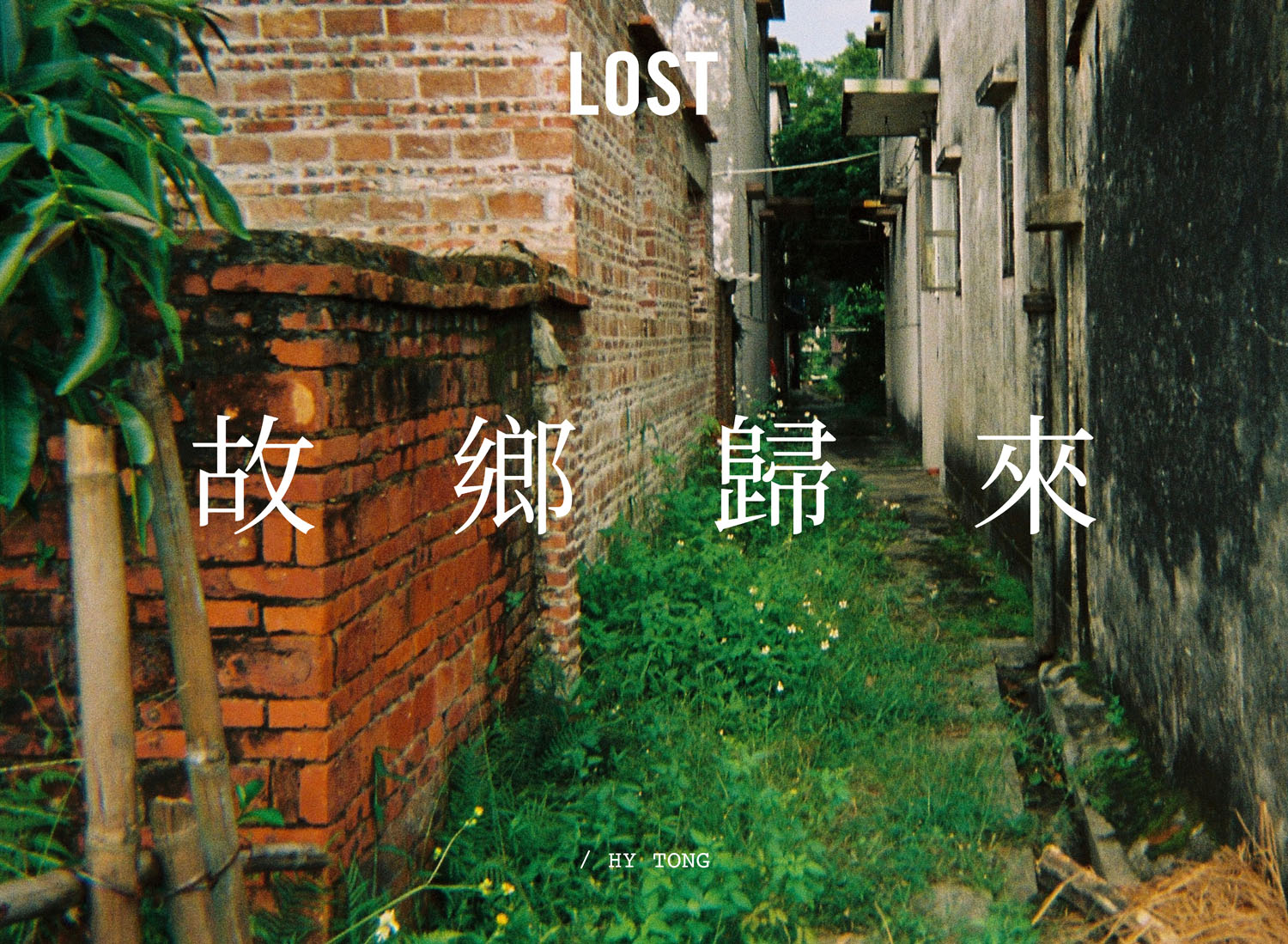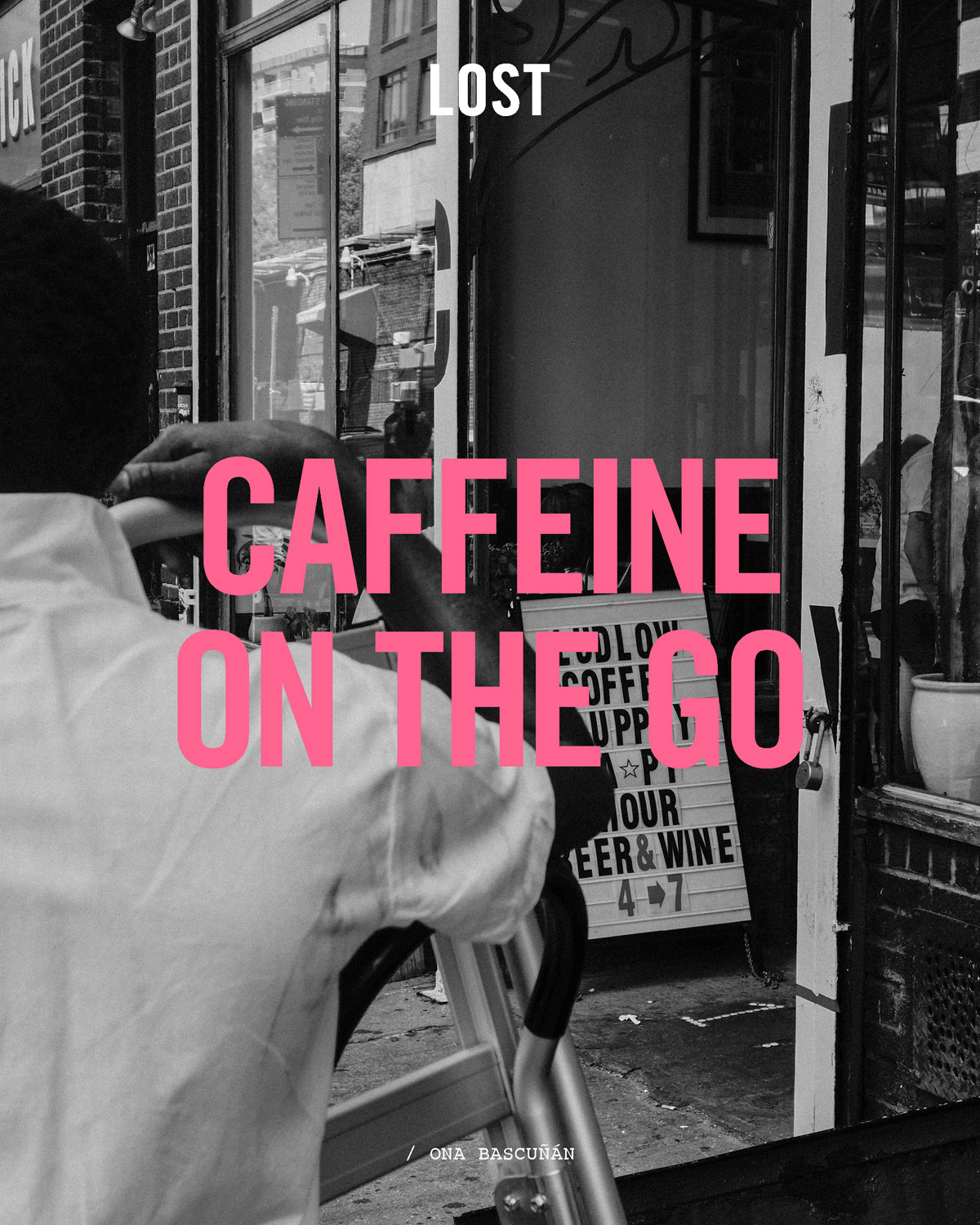BY DENISE HUNG
For some the world is their oyster and for others, well, they are living in a shell.
Since mankind began, we have had the tendency to be nomadic—searching for a sense of security or allowing curiosity to take the lead. The simple fundamentals of fresh water, cool air, clean terrain, natural food and good sleep exist in almost every corner of the earth. These days, it is hard to find a place that does not provide such essentials. An Airbnb apartment, a reasonable hostel, a quaint bed and breakfast inn in an elusive city have these essentials. I have family and friends who love their lives so much that their routines are their oasis. The place they grow up in is the place they stay to build their families and also where their families will build their own. They would travel to take “time off” but come back to their kampung (a Malay term for village) or châteaux, because to them it has the best kopi (coffee, also, Malay) and homemade wine. Whatever the drink or dish may be, it brings out an absolute divine solace of their childhood which inherently manifests a sense of endless comfort.
Comfort. A term so broadly defined that one would start to wonder the stored memories. 30 years later, the idea of having my baby bolster around might scare other roommates but bring a good night’s sleep after a long day. Perhaps it is like having a club sandwich at Subway, which happens to present itself similarly across the world (but not in price, definitely) and tend to be served in spaces with the same metal tops and chairs, and bread yeast-y scent. I find similarities in different cities such as Sydney, London, New York, Yangon, Vientiane, Toyko and even Petaling Jaya—the cohesive sense of unity with strangers assembling in shared spaces. Spaces like eateries, book shops, clothing retailers or grocery stores. The differences are in the historic nature of physical buildings, the way habits are carried out, and momentum of life.
I am deeply drawn to finding these elements in obscure places. I find them while being off the grid, cruising along unknown paths and discovering familiar things. Morning rituals might be different for a city dweller in Melbourne compared to a country man in Bagan, but they share the same act of getting a cup of coffee or tea, having deep fried fritters (donuts or you tiao), perhaps taking a moment of gratitude for the day and then getting on with work. I have long felt that office breadwinners in big cities who work from nine to five are no different from people working on the assembly line. How has it changed from the Industrial Revolution in the early 1900s? Perhaps we have experiences that differ, but ultimately, as my anatomy and physiology lecturer says, at the cellular level we are all the same.
“读万卷书不如行万里路,行万里路不如阅人无数, 阅人无数不如名家指路,名师指路不如自己领悟。”
The Chinese proverb translates as:
It is better to travel ten thousand miles than to read ten thousand books,
It is better to comprehend life on your own terms than finding guidance.
Have you ever sat on a bench just to observe the space and soak up the atmosphere? How fast the people move or how slow they show their gratitude? Or the fundamental values that shaped their culture and philosophy of life? How do these experiences speak to you?
There were significant points in my life when I felt compelled by my environment or thoughts. So taken aback with an eagerness to progress, it changed the course of my routines. Nevertheless, I am still searching for these same elements and learning new ones in undiscovered places.
Afterall, it is about the experiences.


對一些人來說,世界盡在掌中,而對另一些人來說,好吧,他們生活在殼裏。
自人類誕生,我們就有循著安全感或好奇心流浪的傾向。幾乎世界的每個角落都有淡水、冷氣、幹凈的地面、天然食物和優質睡眠。 在這個時代,很難找出達不到這些基本條件的地方了。一間 Airbnb 公寓,一家價格合理的青年旅社,一處偏僻城市裏古怪的民宿都能滿足以上需求。而對那些深愛自己生活的朋友和家庭來說,日常本身即是樂土。他們和後代在自己成長的地方建立家庭。雖然這些人也會通過旅行來獲得“暫停“的一刻,但還是會回到自己的 kampung(馬來語的 “村莊”)或城堡,因為在他們眼中,那裏有最棒的 kopi(馬來語的 “咖啡”)和自制紅酒。不論餐桌上有什麽,都能勾起慰藉人心的童年回憶,而這本身就給予我們無盡的安心感。
舒適感,一個有如此多定義的概念,以至於我要懷疑起記憶本身了。三十年後還帶著兒時抱枕的想法可能會嚇壞室友,但結束漫長的一天後,它能給我帶來一夜好眠。又或許是在賽百味買一個俱樂部三明治,它在全世界都差不多(當然不是指價格),而且店裏總是有相同金屬招牌和椅子、充滿了面包酵母味。我在不同的城市,比如悉尼、倫敦、紐約、仰光、萬象、東京甚至靈市都發現了相似之處。陌生人在餐館、書店、服裝零售店、食雜店之類的公共空間裏聚集,展現出群體的凝聚力。而差別在於建築物的歷史,在於執行習慣的方式,在於生活的動力。
我迷戀在無名之處尋找這些基本。我在偏離軌道時發現它們,沿著未知小路尋覓,卻歸於熟悉。一個在墨爾本生活的城裏人可能和一個蒲甘的農民的晨間習慣有所不同,但他們都會喝一杯茶或是咖啡,吃油炸食品(甜甜圈或是油條),也許享受感恩的一刻,爾後開始一天的勞作。我一直感覺朝九晚五地在大城市的格子間裏工作的白領和在生產流水線上忙碌的工人沒什麽區別。現在與1900年代初的工業革命有任何區別嗎?也許我們已經歷過那種異化,但最終,如我的解剖學和生理學老師所說,在細胞層面我們都一樣。
中國有一句古話說: “讀萬卷書不如行萬裏路,行萬裏路不如閱人無數, 閱人無數不如名家指路,名師指路不如自己領悟。”
你是否嘗試過坐在長凳上,只為了觀察周邊的空間,沈浸於氣氛之中?人們行動得有多快?感恩得又有多慢?塑造他們的文化和生活哲學的基本價值,這些體驗如何向你訴說?
當我感到被某個環境或想法推動時,人生的一些裏程碑隨之發生,進步的焦慮改變了我的生活規律。盡管如此,我還是在尋找這些同樣的元素,並在處女地學習新的元素。
說到底,最重要的是體驗。
Denise Hung is a mileage collector, on a plant-based diet, and enjoys immersing herself in nature and being upside down on a yoga mat. Denise graduated with a patisserie degree and lived in Yorkshire, Orlando & Santa Monica, and is about to leave Singapore for Hong Kong. She has co-written a cookbook (Kitchen Stories) with a talented food stylist, Elodie Bellegarde, and is thinking of publishing another book. While on this journey, she often contemplates about the impermanence of form and bring awareness towards the space within.
Denise Hung 基於美食的旅程裏數收集者,喜歡將自己沈浸在自然中,在瑜伽墊上翻轉倒立。Denise 是西點師畢業,曾居住在 Yorkshire, Orlando & Santa Monica,即將離開新加坡啟程香港。她曾和有才華的食品設計 Elodie Bellegarde 一起編寫了一本食譜(廚房裏的故事)。如今她正為另一本書的出版做打算。在旅程中,她通常會去思考形式的無常,並將覺知帶向內在的空間。



